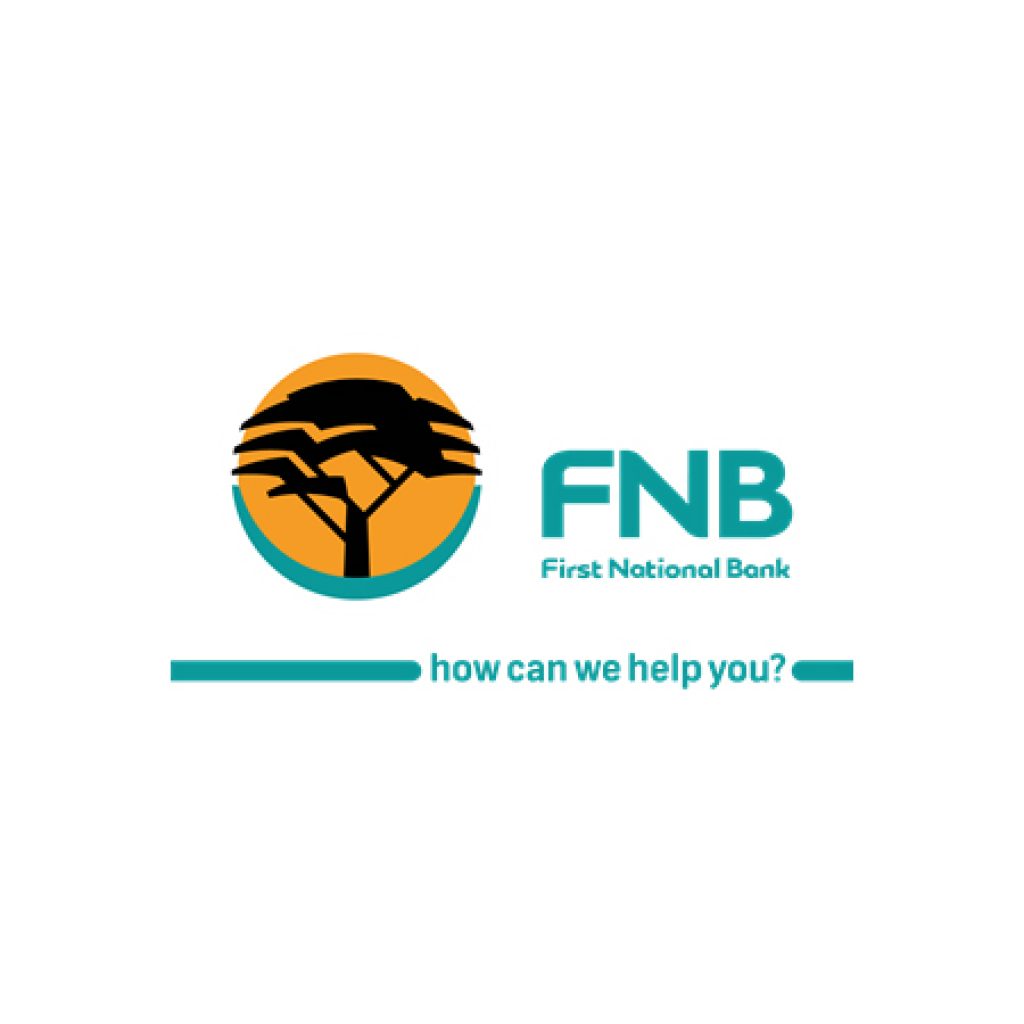The new year is upon us and brings new energy and opportunity for us to put in place or relook our financial plan for the year ahead. Unfortunately, COVID-19 is still very much our reality and continues to put a heavy strain on people’s wellbeing and finances. It is in these uncertain times that we encourage consumers to focus on the things that they can control such as managing their money effectively and taking charge of their financial future.

Dhashni Naidoo, FNB Consumer Education Programme Manager says, “Financial planning has never been more important, and we encourage consumers to consult financial institutions such as banks to devise a financial roadmap for what will most likely be another difficult year financially. This will help consumers to keep track of their budgets and spending and assist in ticking some of the financial goals they’ve set out for the year 2021.”
Naidoo shares five money management principles to start the new year right;

Revise or create a budget – While this seems like an obvious task, many people do not put their budget on paper or on apps or spreadsheets. It is important to write down all your income, expenses (covering both needs and wants) in order to have a clear picture of your finances. This picture enables you to see where your money is going and if you can cut back on some non-essential spending in order to put this money toward your savings.
Have an emergency savings fund – If there’s one thing 2020 taught us is the importance of having an emergency fund reserved for emergencies or loss of income. It is advisable to save between 3 – 6 months’ worth of your monthly expenses.
Don’t cancel your insurance and medical aid payments – Insurance and medical aid are non-negotiables; they should not be used as a mechanism to free up cash. Once a policy lapses or you cancel it, you expose yourself and your family to greater risk.
Invest your money for the long-term – Get advice from your bank or a financial advisor on where to invest your money. There are different asset classes that you can invest in such as shares, fixed deposits, property, retirement annuities just to name a few.
Managing your debt – Paying off debt sooner will save you money. If you can still afford to honour your credit obligations, pay a little more toward them. Managing your credit better also means keeping a good relationship with your credit providers. If you are unable to make repayments, contact them, hiding or ignoring them may lead to financial penalties which affects your credit profile in the future.
“How you manage your finances will go a long way in assisting you with any challenges that may occur along the way. Be smart about money and let it work for you,” concludes Naidoo.
INFO SUPPLIED

